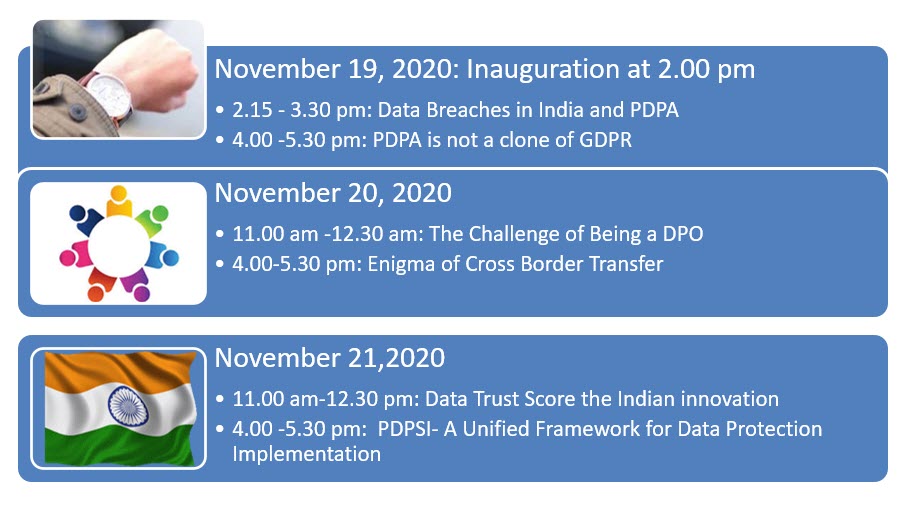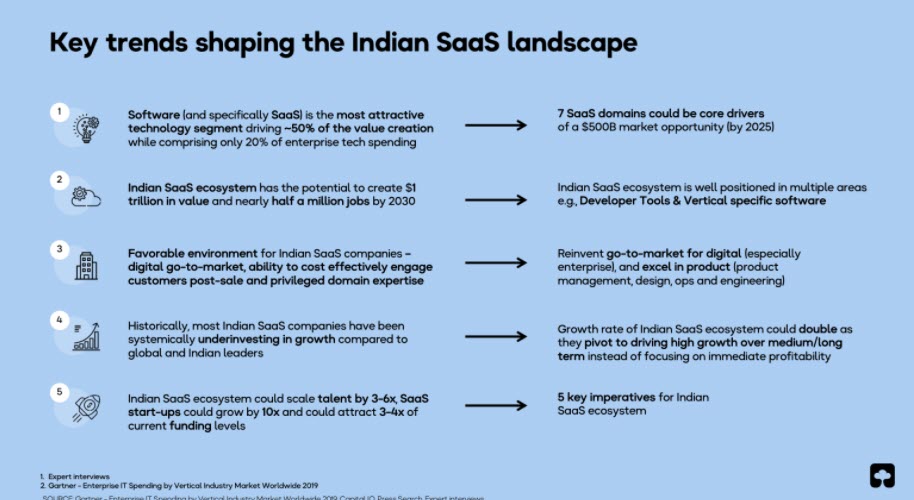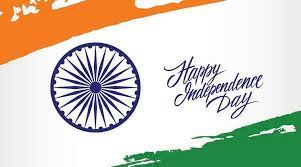
The human tragedy in Afghanistan is well captured by the above picture where people are desperately trying to enter an aircraft which can take them to a land where they can survive and hopefully prosper.
Unfortunately the developments in Afghanistan is a result of a self centered world of USA, Russia, China and Pakistan and we are mute spectators to this tragic development. Unfortunately, we may not be able to positively influence a change in Afghanistan.
But we can learn from this tragedy and ensure that we stay protected. While their is a political lesson in this tragedy, which we hope the Government of India learns, we as private citizens have to dilute the depressing feelings arising out of these developments by diverting our attention on the lessons that we can learn and apply in our other activities.
It is in this context that I have taken the liberty of extending the analogy of this mad rush to leave Afghanistan to the mad rush of investors to invest in Loss making companies in India.
My apologies for making the human tragedy a part of this discussion.
Naavi
When we observe the political turmoil in Afghanistan and the disruptions caused in the investment world with the IPOs of loss making Start ups like Zomato, some similarities strike us hard. Many of the persons fleeing from Afghanistan were desperate to get in to an aircraft without knowing their future after they get in. Many clung on to the wheels and later fell down to their death when the aircraft was in the air.
This visual has now become a “symbol of desperation”.
While the Afghanistan desperation was to run away from a problem, the desperation can also be seen in another light …desperation to join a bandwagon…like the investors who flock to buy the shares of loss making start ups with the hope that if a series of events materialize, then they will reap a huge reward.
There is no doubt that Stock markets are full of examples where winners have emerged from most unexpected quarters and created history. Zomato may be one such company in all probability.
At the same time, Stock market is also full of examples of companies which have raised money with grand hopes and are now languishing or have already closed down. Unfortunately, successes are reported and failures are buried.
Market perceptions are created around the success stories but we should not forget that the risks represented by the failed companies lurk behind and can surface any time.
Will Zomato succeed or fail in the long run? is anybody’s guess. But the logic is that if there are enough number of desperate investors who can take the risk, the game of creating value out of nothing will succeed.
Such companies who create value out of nothing but perceptions are what I call as “Crypto Companies”. It is like 100 people saying “Let this data file be called a Crypto currency and be valued at Rs 1 lakh each”. The 101 st person has to say “Amen”.
The success of Crypto Currencies is before our eyes. Despite the value of a Crypto Currency is all in the mind, there are people who have made money in crypto currencies. (… and several more number of people who have lost money).
Zomato like companies create value in the minds of investors through heavy promotional expenditure. Many investors believe that Zomato has so much of data about the eating habits of people that this can be converted into money through “Cloud Kitchen” or charging subscription from Hotels for listing etc. It is the power of “Big Data” that investors are banking upon.
But “Data” is only a tool and the ability to convert it into profitable and sustainable business needs to be established. If Zomato turns out to be a “Company without Promoters”, every body investing in Zomato including the VCs and current managers are in the game only to make money by exiting at an appropriate time. If so, who is there in the long run? to realize the hopes of a number of small investors who will be investing their money in Zomato shares today?..Only God knows.
It is in this context that the emerging situation in Afghanistan appears to hold a mirror to the shareholders of Zomato.
Taliban has disrupted the political system in Afghanistan with a new perspective on human rights. What if in other parts of the world, Women are considered equal to men, in Talibani Afghanistan, women will be a commodity and are consumed by the Talibani men. It may be disgusting for many to even think of such a proposition but it is an accepted reality within the jurisdiction of Afghanistan.
From the abject surrender of the Afghan Government it appears that there will be lot more of Afghanis who are not Talibanis but donot mind Talibani rule. We know that there are many in India who think it is right in their religion to subjugate women as a commodity and welcome the Talibani rule even in India. The world has to therefore learn to live under this dual system of “Talibani” and “Non Talibani” systems of Governance.
Similarly, the investment world seems to be entering a phase where stock markets will have a Larsen Toubro or Maruti Suzuki or BHEL whose shares are traded along with the Zomatos and PayTms and people will make or lose money based on when they enter and exit a stock. This is a great time for Share Brokers who as intermediaries with insider knowledge (or pretending to have such insider knowledge) will be able to rule the investment world.
The Indian Government preferred to accept its inability to influence the developments in Afghanistan and perhaps will also accept its inability to influence the raise of “Crypto Companies” in the Indian investment scenario.
The solution for investors is “Identifying the Risk, investing within their risk appetite limits” and be prepared to trade on the “Probability of making a profit in one investment that offsets the losses in another”.
The Risk on the Horizon
But on the horizon lurks the risk….. Just like the possibility exists that Talibans may enter India, destroy the Country and India embraces Shariat law (as the trend that has emerged in some parts of Kerala), the “Crypto Companies” may suck up all the investment capital and starve the genuine manufacturing companies of the L&T variety. Then we may have only Crypto Companies ruling the investment world and the giant manufacturing companies will only be subordinate companies.
In such a world dominated by Crypto Companies, we may not have any “Make in India” companies, as every investor would like to invest only in the “Magic of Monetization of Dreams of the future” through advertising and brand building.
I wish we give a serious thought to reversing this trend.
Create Zomato s within L&Ts
One solution to this is for all companies to immediately recognize that the “Value that Zomato has created in the minds of investors” is also available to other companies like L&T which otherwise als have a huge valuation from their traditional business. Even companies like Vodafone which may have reached the near zero valuation in their traditional business also have the potential of re-birth through proper valuation of data in their possession.
Most companies therefore need to set up a R&D activity on “How to Monetize my Data”? and try to build their own versions of Zomatos and PayTms within their existing companies. This will enable them to increase their valuation taking into account their strengths both in the Non Digital economy and the Digital economy.
The “Digital Transformation of the Asset base of a Non Digital Company”…is an exciting opportunity for professionals to discover and harness.
Naavi















